The PSC Library is open M-W 8am-7:00pm and Th-F 8am-4:30pm. PSC Librarians are available through the "Chat Now" button or via email at librarians@prairiestate.edu.

by Maranda Martinez-Brink
Snacks in the Stacks
Snacks in the Stacks is a chance to learn about the Male Success Initiative, Latinx Student Outreach, Transfer Coordinator, and the Library. Stop by for a snack and to learn about free resources to help you during (and after!) your time at PSC.
Wednesday, 2/8/’23
10:30 – 12:30pm
Vestibule in front of the library
Americans and the Holocaust
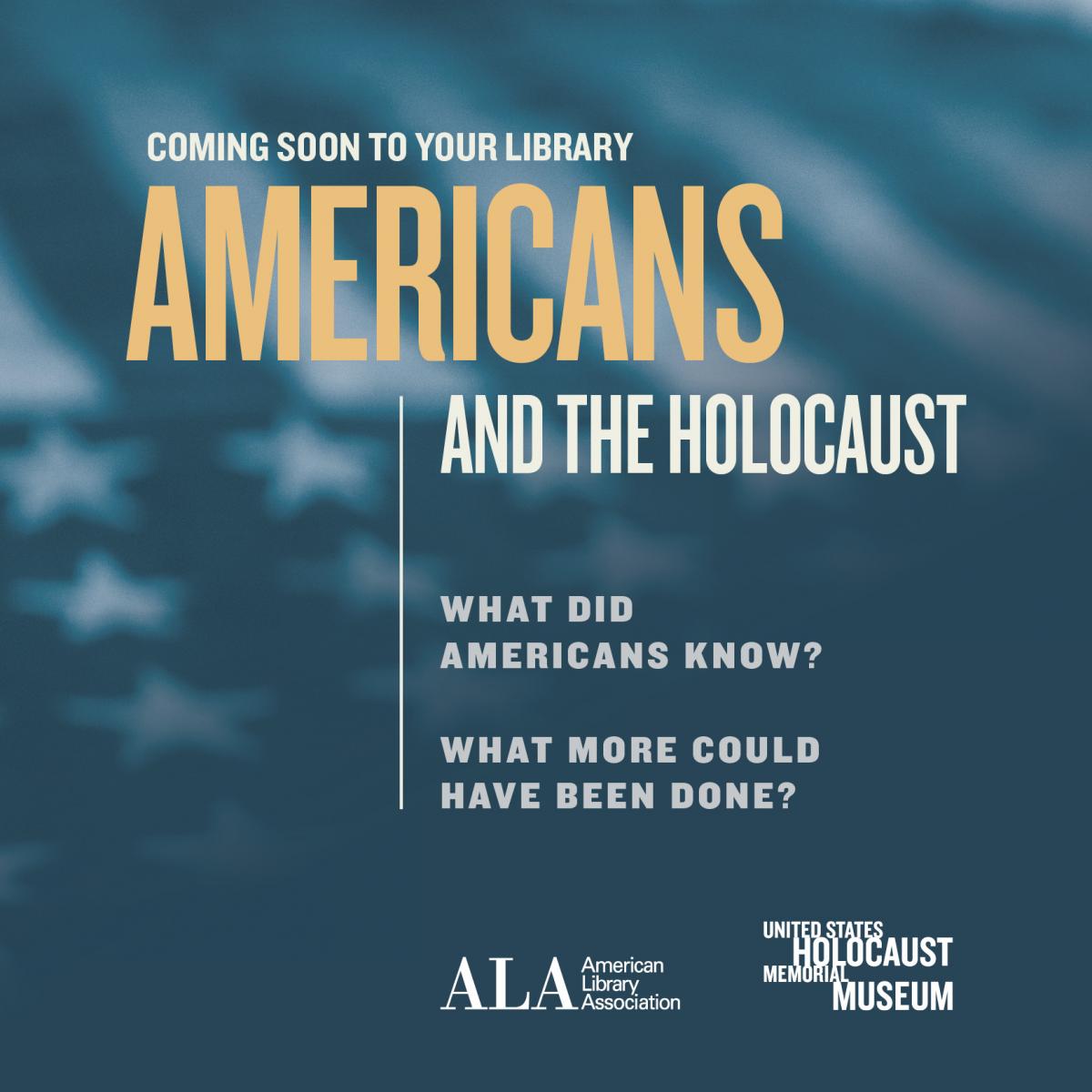
Prairie State College has the honor of being one of the fifty libraries in the country to host The Americans and the Holocaust traveling exhibition. Drawn from a collection of primary sources from the 1930s and ‘40s, the program displays the true stories of the American viewpoint and action against Nazism. The goal is to challenge the commonly held beliefs of ignorance and inaction, and shed light on the heroism of many American individuals and groups that led to protect those affected by persecution.
The exhibition will be held from March 17th to April 28th, 2023. All accompanying events are free and open to the public. Please visit our website for further information.
Prairie State College Book Club Meeting
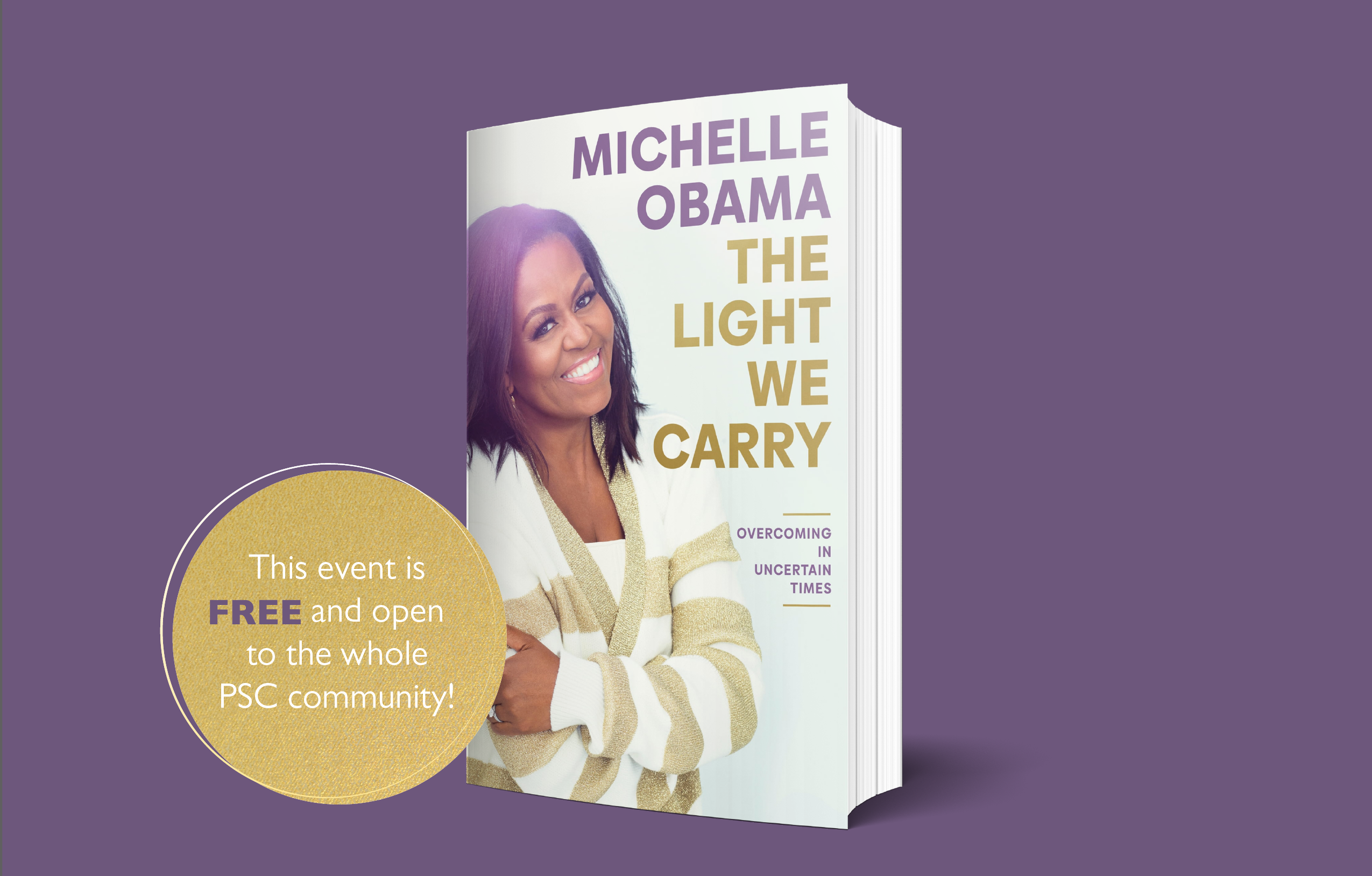
The newest piece of literature the book club will be exploring is Michelle Obama’s The Light We Carry. Michelle Obama pulls from her multifaceted experiences to share a series of fresh stories about her habits and principles on adaptability and change. With trademark humor, candor, and compassion, she offers readers deeper insights on working past obstacles with systematic oppression always in the peripheral and encouraging readers to push through fear, find power within community, and live boldly and proud.
The meeting will be held in the library classroom and online on Tuesday, February 21st, 2023. The library has both ebook and audiobook copies. It is free and open to the public.
Book Club Meeting: Michelle Obama's The Light We Carry
Tuesday, February 21 · 12:00 – 12:30pm
Google Meet joining info
Video call link: https://meet.google.com/tvn-dmtp-kpa
by Russell Guldin
Happy January, colleagues! The subject of the first How-To of 2023 is how to access your subscription to the digital edition of the Chronicle of Higher Education. The CHEd is an independently funded journal for persons working and attending higher education that provides news, advice, opinion, and job information
Step 1: Go to the PSC Library Page
If you don’t already have it bookmarked (we’re trying to not take it personally), then you can access it on the PSC website’s main page.
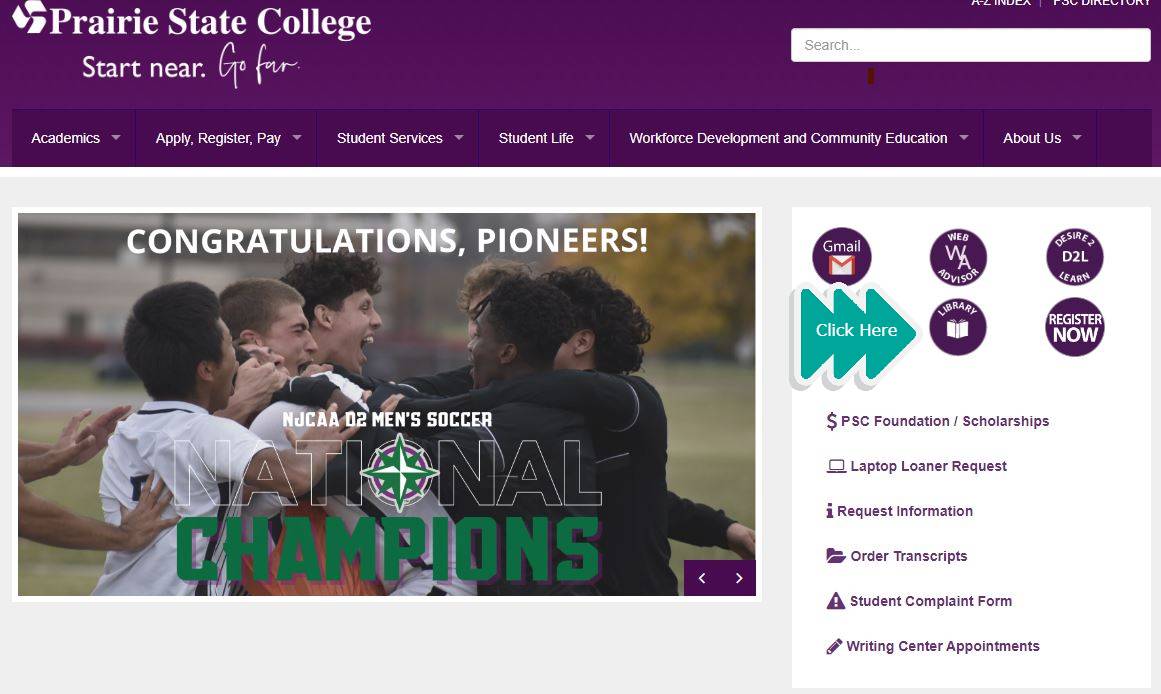
Step 2: Choose “All Databases”
Once on the page, click the icon for our databases, the stars of our information literacy show.
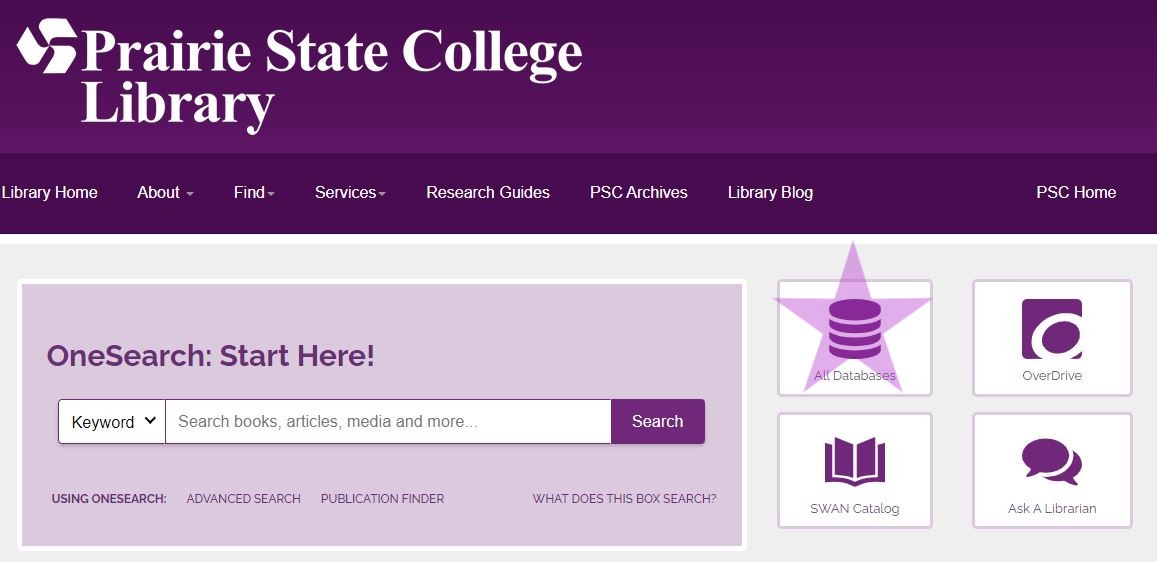
Step 3A: Do a Search for the Chronicle of Higher Education
The search will lead you to the Chronicle if you use any of the following search terms: chronicle, chronicle for higher education, or education

Or…
Step 3B: Use the Alphabetical Sort
If you feel that keyboarding just isn’t your thing today, you can click on “C” and that will take you to the page with all of the databases we access that begin with C (crazy coincidence, certainly).

Or...
Step 3C: Use Control F
If the mouse is not an ideal choice for input, press CTRL + F and a small dialog box appears. Type in ‘chronicle’ and any item on the page with that term in it is highlighted.

Press the arrow icon in the search box and you will be transported to the listing for the Chronicle for Higher Education.
Step 4: Access the Site via Link
Click the link and you will go directly to the site. Enjoy your subscription to the Chronicle of Higher Education!
by Russell Guldin
PSC’s Library has a collection of medical materials worthy of the successful nursing program on our campus. We can provide any of the technical information that a patron could ask for, from dedicated databases and LibGuides, to anatomy and physiology models for use in our dedicated nursing study space. Along with the practical information, we also have materials for the more esoteric sides of medicine. Health doesn’t just affect the hospitals and doctor’s offices; it affects our whole society. There are four new titles in our collection that explore the social side of medicine: Diagnosis Female: How Medical Bias Endangers Women’s Health; Graphic Public Health: A Comic Anthology and Road Map; Health Gap: The Challenge of an Unequal World; and Vagina Obscura: An Anatomical Voyage.
Diagnosis Female: How Medical Bias Endangers Women’s Health explores medicine and its willful ignorance of women as subjects worthy of study outside of maternal medicine. Emily Dwass exposes the lack of inclusion of women in nearly every study conducted in the field of medicine, where the view of the researchers is that “Women are just men but with a bunch of pesky hormones.”
Graphic Public Health: A Comic Anthology and Road Map has a collection of comics that explain various topics in medicine, from historical epidemics to patient guides in treating disease. Meredith Li-Vollmer also explains why comics are so effective in explaining the complex to people and why medical practices should embrace this form of education more.
Health Gap: The Challenge of an Unequal World details the gross inequalities in health care based on race, gender identity, sexuality, and socioeconomic status. One fact that Michael Marmot shares that I found disturbing is that a person’s life expectancy can differ by as much as 20 years in a distance of less than eight miles in the United States. He also discusses the necessity and methods to deliver more equitable care to all members of society.
Rachel E. Gross’ Vagina Obscura: An Anatomical Voyage details the male domination of the study of the female sexual organs and how it has set up centuries of focus on reproduction and nothing else. Gross then highlights the work being done by women in the fields to explore and expand the knowledge and research with a better understanding from the perspective of the population that actually possess the organs most vital for human existence.
Come down to the Library and check out these titles that explore the impact of medicine not only on the human body but on the body politic as well.
by Victoria Keller
Librarians have a love/hate relationship with weeding. We know the benefits, yet when the time comes to decommission a title, it’s like losing a close friend or constant companion. You just never know when someone will need to read that title published in 1950!
Weeding, what is it and why do we do it? Weeding is one of the sharpest tools in the librarians toolbox. It is our job to make sure the books on the shelves are in good condition, contain current information and are not purveyors of misinformation. When was the last time you walked the stacks, looking for that perfect book to read while on the beach? You find a title, remove it from the shelf, and the front cover is near ready to fall off? (Hopefully, not often!) Perhaps you were looking for something on HIV and you pull a book off the shelf and it was published in 1995? Nobody wants to read a tattered book while vacationing and surely the scientific information found in a book from 1995 is most likely outdated.
There have been incidents when a patron sees books in the trash and becomes upset. This is generally because those outside of librarianship may not know why we discard books. If the library were to keep outdated material, it would be no different than a restaurant serving expired food! Outdated information can harm us just as much as a rotten burger. As librarians, we take our task to allow for open access to the best information we can provide very seriously.
Weeding in the library is a must. If not to keep fiction fresh, but also to keep the non-fiction information current. Every library should have a policy for weeding. Some of the criteria we use in the PSC Library are the condition of the book, the year it was published, current trends in reading, the last time it was checked out, and if more current editions are published. The librarians here work collectively to maintain a current catalog so our students and faculty have access to the most current and correct information we can offer!
by Camille Crawford, Black Student Union President
The Prairie State College Black Student Union releases a monthly suggested reading list with the purpose of featuring Black authors who may otherwise not receive the same mainstream attention. The reading lists also feature up and coming authors and even Prairie State College alumni! These suggested titles span across genres, decades, and the entirety of the Pan-African diaspora. Most months there is a theme to the reading lists and February is Black History Month. What better time than to showcase titles and authors which will tell the stories of Black history, past and present?
Each month the BSU Reading List is displayed in the Prairie State Library and the books chosen are displayed on a shelf and available to students, faculty, and staff. Past monthly lists are also available on the Library page of the PSC website. Keep an eye out next month for our Women’s History Month BSU Reading List which will consist of some of the incredible Black women who have taught, led, and shaped our stories and history, and those who continue to do so.
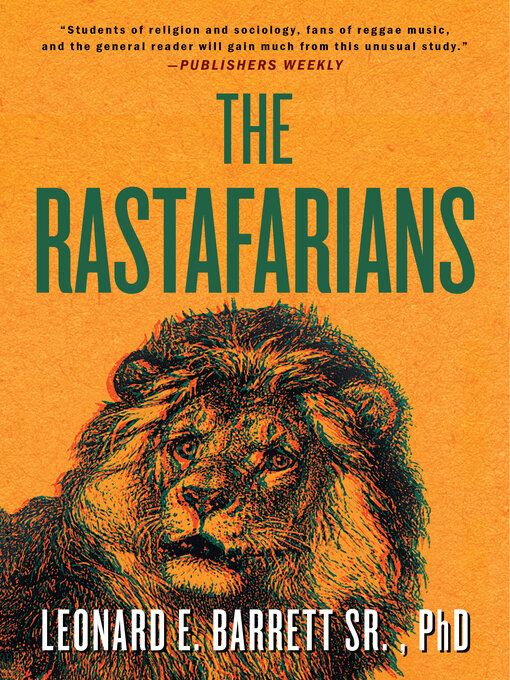 The RastafariansLeonard E. Barrett, Sr |
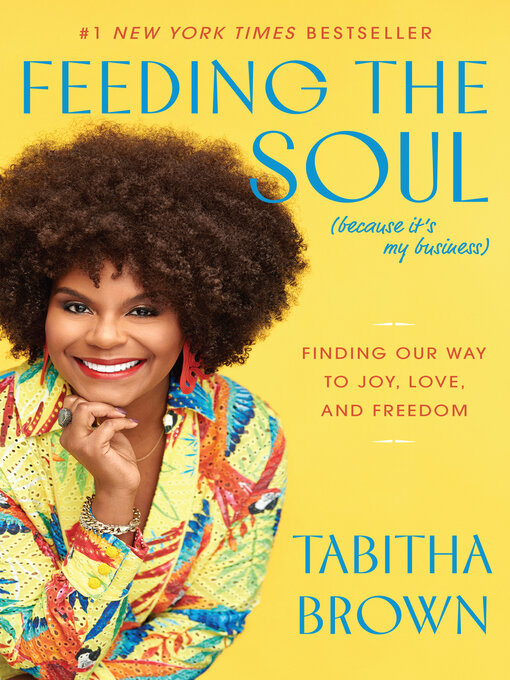 Feeding the SoulTabitha Brown |
 The Handbook of Yoruba Religious ConceptsBaba Ifa Karade |
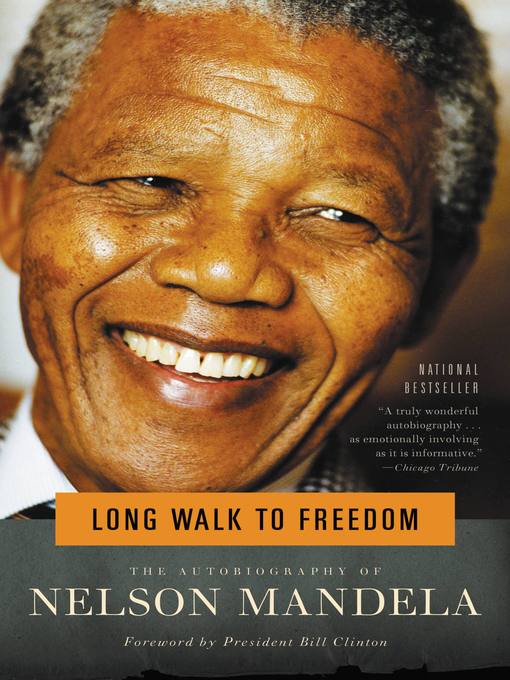 Long Walk to FreedomNelson Mandela |
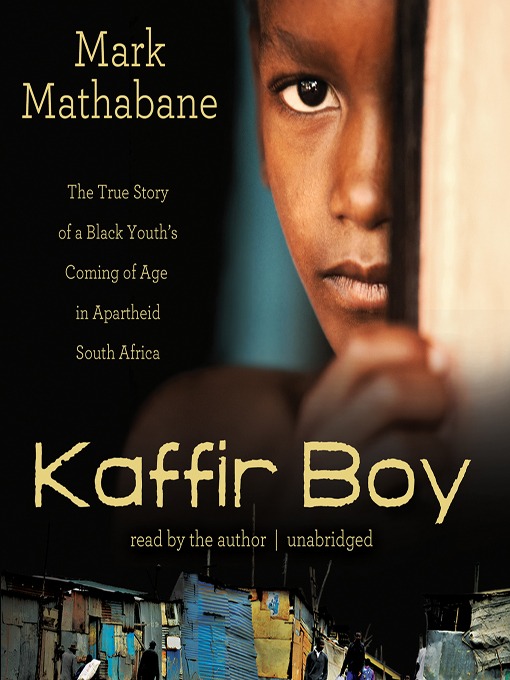 Kaffir BoyMark Mathabane |
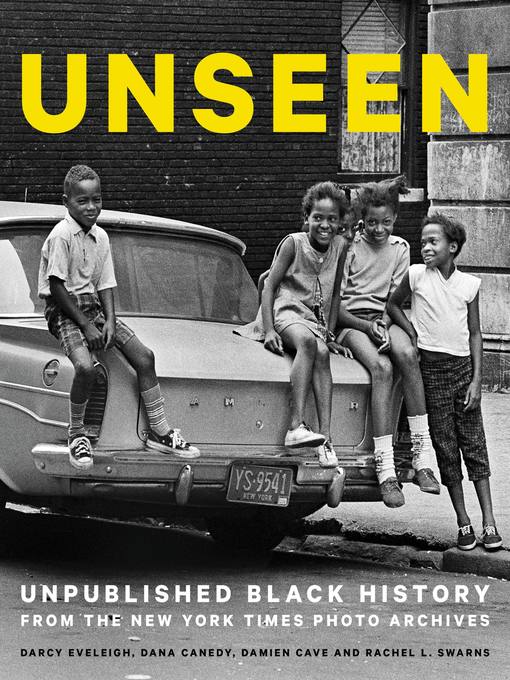 UnseenThe New York Times |
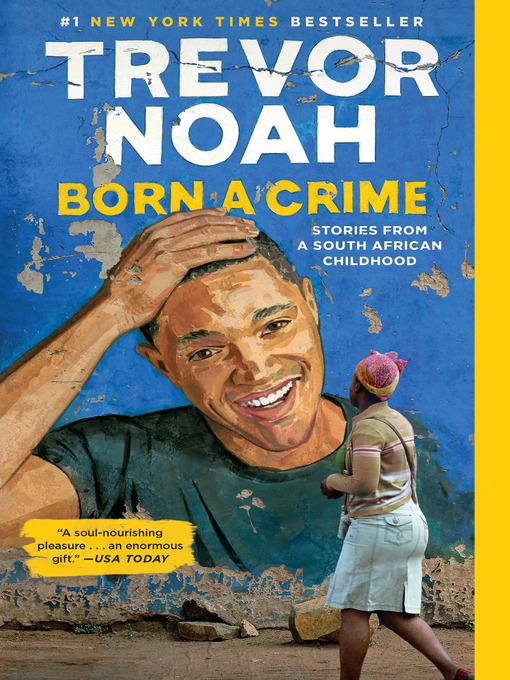 Born a CrimeTrevor Noah |
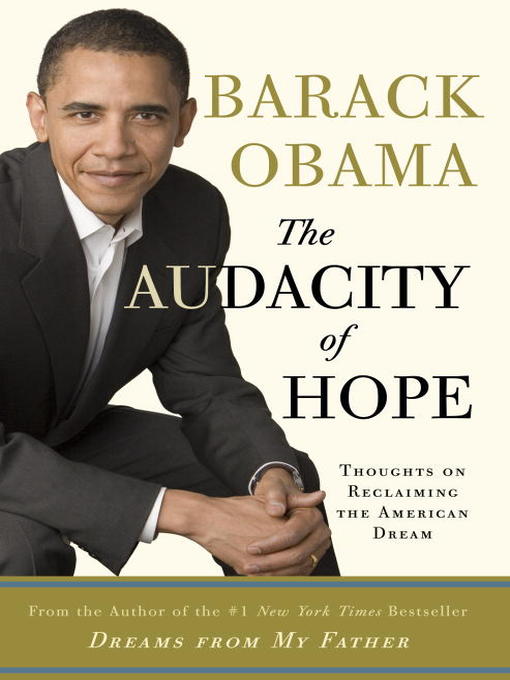 The Audacity of HopeBarack Obama |
Lastly, the library is here for you; reach out with any questions at Ask a Librarian!